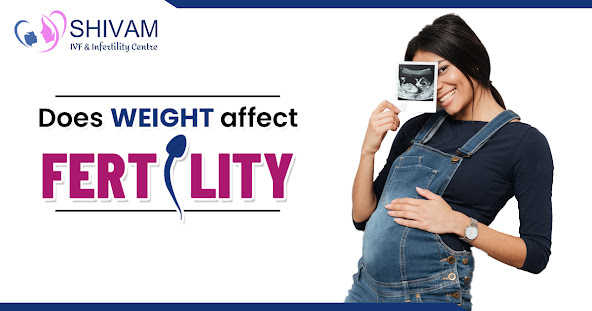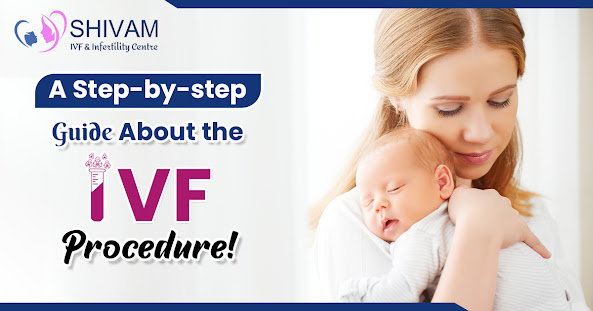Can one have a baby with PCOS?

The majority of women want and expect to have children. On the other hand, women with chronic health conditions, such as polycystic ovary syndrome (PCOS), frequently have concerns about motherhood, including whether or not they can become pregnant. PCOS is a complex hormonal condition that affects up to one in every five reproductive-age women. Most women with PCOS have elevated levels of luteinizing hormone, which causes ovulation, and decreased levels of follicle-stimulating hormone, which is necessary for pubertal development and the function of both women's ovaries and men's testes. Women with PCOS also have a lack of estrogen ("female" hormones) and an excess of androgens ("male" hormones). This results in tiny cysts on the ovaries' surface. Women with PCOS frequently have irregular menstrual cycles because they do not ovulate or ovulate only infrequently as a result of these hormonal imbalances. As a result, women w


